The slow-rolling macro crisis. Central banks’ conundrum with rising interest rates that hurt. IPCC latest report: we’ve been warned. Xi’s vassal, Vladimir and his long-lasting war. US-China - decoupling is no longer unimaginable. What AI can do for productivity [...]


